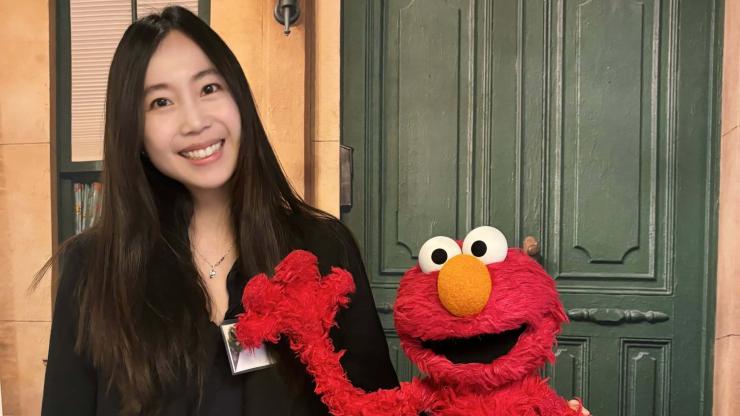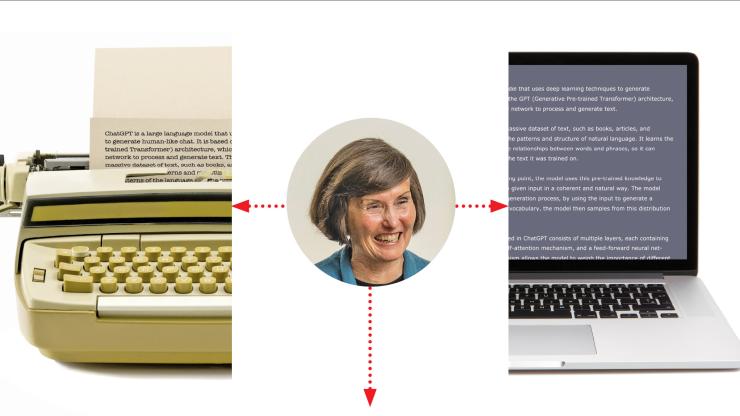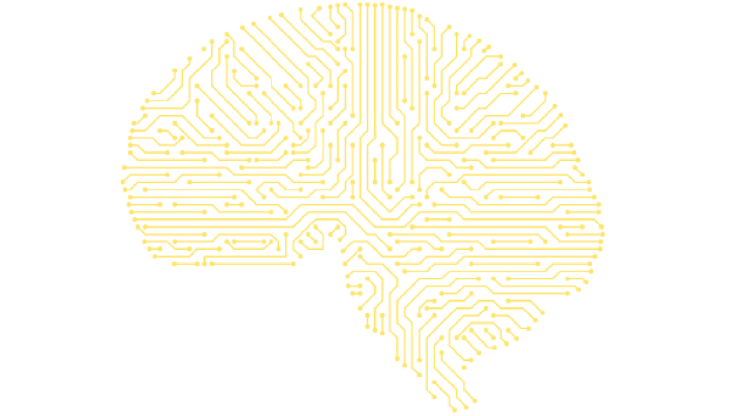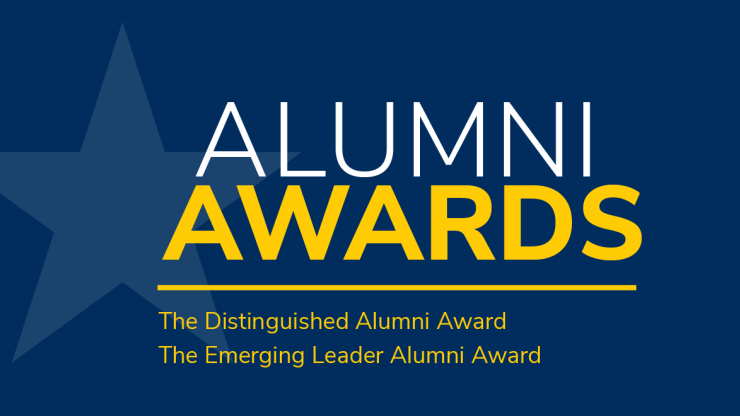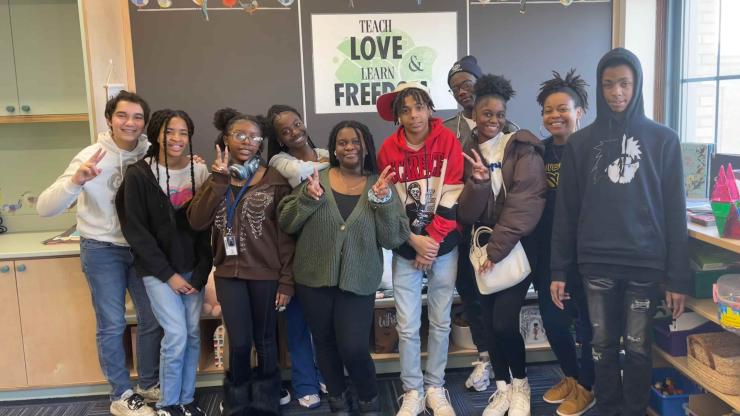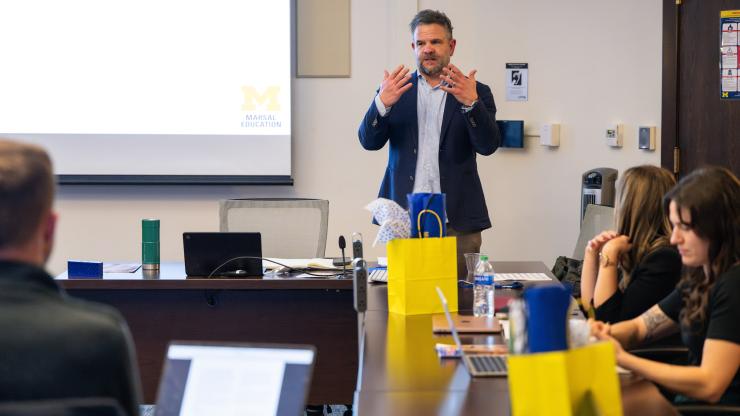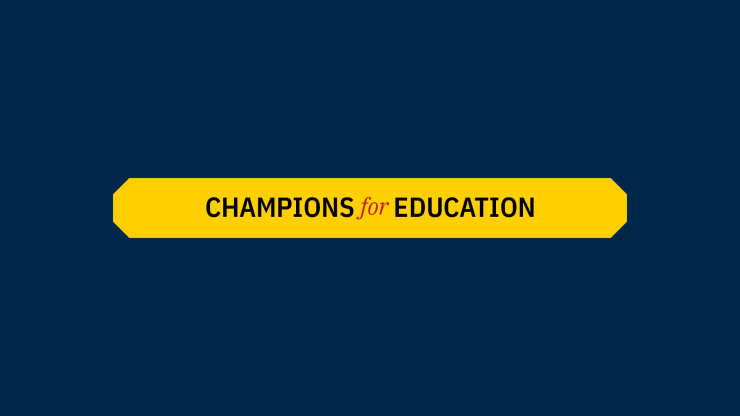Virtual Coaching Helps Math Teachers Embrace Belonging-Centered Instruction
Associate Professor Jamaal Matthews studies how social and pedagogical supports can mitigate student alienation and dehumanization in mathematics and actively empower disenfranchised youth to realize their belongingness, agency, and skill
Dr. Jamaal Matthews’ latest work began with a sudden flash of insight during a 2019 conference. “I went to a convening at the Bill and Melinda Gates Foundation around sense of belonging,” Matthews explains. “They had a pamphlet of all the people who were attending, where each of us defined belonging in their own words. It was interesting seeing everyone's different conceptions and notions of belonging.” The pamphlet made Matthews think of how it might connect to his work with Newark Public Schools—a project that followed students over the course of five years from their middle school math classrooms to their high school math classrooms.
“We had almost 300 hours of interview data from Black and Brown students talking about their experiences in their math classrooms,” Matthews says, “their racial identity, their interactions with their teachers and peers—all these things that give us a sense of how they defined belonging. So here I am with these research experts who are explaining how they define belonging for themselves. But how do Black and Brown kids who are trying to navigate their sense of belonging in math classrooms, how do they define it?”
“We had five years’ worth of all this interview data,” Matthews recalls. “It took a year and a half, maybe two years, to go through it all, but that's how we created Belonging-Centered Instruction —BCI—these different dimensions of how students think about and conceive of belonging.”
BCI aims to support secondary mathematics teachers in developing classroom practices that encourage equity for racially marginalized students and examine the psychological and sociocultural mechanisms that facilitate teacher growth in culturally conscious mathematics instruction. BCI coaches work with teachers to help them provide social and pedagogical supports that mitigate student alienation and dehumanization in mathematics and actively empower disenfranchised youth to realize their belongingness, agency, and skill.
Matthews, an Associate Professor in Educational Studies and the Combined Program in Education and Psychology at the Marsal Family School of Education, is the recipient of multiple national awards—including outstanding dissertation awards from the American Psychological Association (APA) and ProQuest, the APA Early Career Educational Psychology Research Award, the National Academy of Education/Spencer Postdoctoral Fellowship, and the Best Article Award from Educational Psychologist in 2018 for his article “Black and Belonging at School.” His research interests are grounded in his experiences as a middle school mathematics teacher in the Bronx.
Using data from the Inter-university Consortium for Political and Social Research (ICPSR), an international consortium of academic institutions and research organizations housed at the University of Michigan’s Institute for Social Research, Matthews and his team were able to put parameters around different dimensions of belonging and begin the process of figuring out how teachers can enact these different dimensions. “We coded maybe 500 ICPSR videos using this BCI framework,” Matthews explains, “and found that the different dimensions predict a variety of different outcomes for students. Achievement, multiple measures of engagement, persistence, effort—all of these things.”
Matthews says that, given the ways Black and Latine students face social threat and stigma in mathematics education, they need culturally competent teachers to help them confront these challenges in ways that engender belonging, healthy identity development, and mathematics success.
Matthews and his team used the data they collected to create a virtual coaching/pedagogical/learning space designed to support teachers and build their capacity to execute on various dimensions of belonging. This virtual intervention against traditional negative outcomes of current math classroom practices provides teachers with observational analysis of their instruction and continuous improvement coaching for cultivating Belonging-Centered Instruction.
“It's not just didactic instruction,” he explains, “I think part of the danger—and there are a lot of dangers with a framework like this and how people take it up and use it—is that it just becomes a checklist of do x, y, and z. It can become about doing behaviors and not recognizing that there's a mindset shift and a belief system shift needed to fully maximize the enactment of these different dimensions.”
“We really are trying to get to a deeper level of belief systems on ways of thinking and being,” Matthews continues. “Ultimately, those will infiltrate practices that teachers do in the classroom. We're trying to create a belonging space for teachers, helping them see their students with a different view and provide personalized, tailored feedback and support. In our coaching work, we try to create this atmosphere of belonging that the teachers can experience. It's almost a meta demonstration of what they ultimately could be doing in their class.”
“The combination of watching videos of themselves teaching, exploring the BCI framework in Professional Learning Communities (PLCs) and reflecting on their practice in one-on-one coaching sessions has resulted in major shifts in their teaching pedagogies and approaches,” says Rebecca Guarino, a coach analyst for the project who works as a master teacher in mathematics in New York City. “The teachers we are coaching in the BCI framework have been really responding well to our program. We have seen teachers change their practice from lecturing to using student-centered protocols, integrating nonviolent communication strategies with students they are struggling to connect with, discussing the implications of systematic racism on their school culture and classroom practices, and sharing new strategies amongst our PLC community.”
With support from the Chan Zuckerberg Initiative, the project is currently being piloted with a total of 15 teachers in two large urban districts in the Northeast that serve predominantly Black and Brown students. Matthews expects to double that number next year and double it again the following year, with an overall goal of working with 120 teachers over the course of the three-year project. Each teacher will work with BCI coaches for a minimum of three separate eight-week cycles—essentially a full school year. Currently, coaches work together in pairs with a “pod” of four teachers. Matthews’ team is working on ways to streamline systems so that coaches have more capacity to take on more teachers.
“Teaching is an extremely stressful, demanding job from many different angles,” Matthews says, “from students, from administrators, from parents, from the districts. Many teachers do not get the respect and sense of value that they should for the work that they're doing. It's hard for us to say ‘create this belonging space for your students’ when you're struggling with your own sense of belonging as a professional. So we try to make the PLC a space where, once a week for 90 minutes, they can feel that, along with our coaches and teachers who are working on similar problems of practice.”
Thinking beyond the initial three-year pilot program, Matthews is cautious about expanding the project to other domain areas. “At a high level, yes,” he says. “I think the ideas do transfer, but getting into some of those practices and finer grained principles, I think there's just going to have to be another grounded study that would have to take place, similar to the one that we did in secondary math. If we suggest transferring these ideas into a biology class or a physics class without having done the same ground work—I'm a little wary of doing that.”
Matthews also has concerns about the inevitable questions around how Generative AI might be utilized in this work, but has been keeping an open mind. “There are some AI folks out there who are doing work around equity as it relates to group conversational patterns,” he says. “There are ways in which dominant voices within the group make space for secondary voices—folks who don't speak up as much. Right now we’re collecting all of this data that we could potentially learn from, but we don't have the people power to code all of that. So it seems like the perfect problem for GenAI, to leverage that technology. That could help us refine our coaching processes and contribute to academic knowledge in teacher education.”
For now, however, the pilot project is still gaining steam—and is already beginning to show some encouraging results. Charles “Chaz” Phillips, a PhD student and Rackham Merit Fellow in Mathematics Education at the Marsal School who also serves as a coach analyst for the project, says, “I have a teacher that loves how the subdimensions have helped develop his teaching craft and strengthen relationships with his students. When the work of teaching centers belonging, students know, understand, and feel their identities are held sacred in the mathematics classroom. And that, by any measure, is a success."




